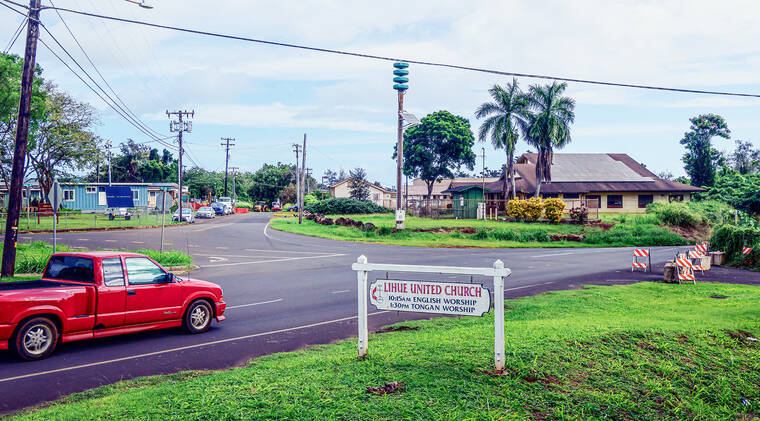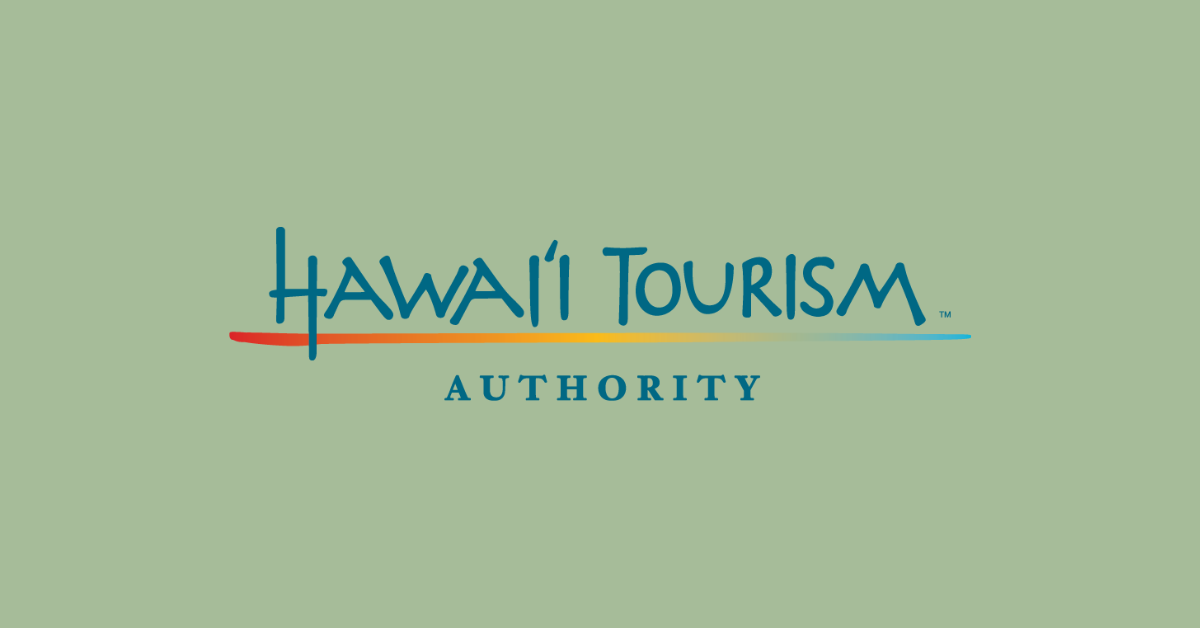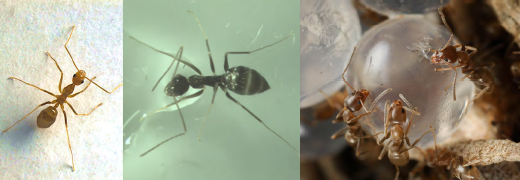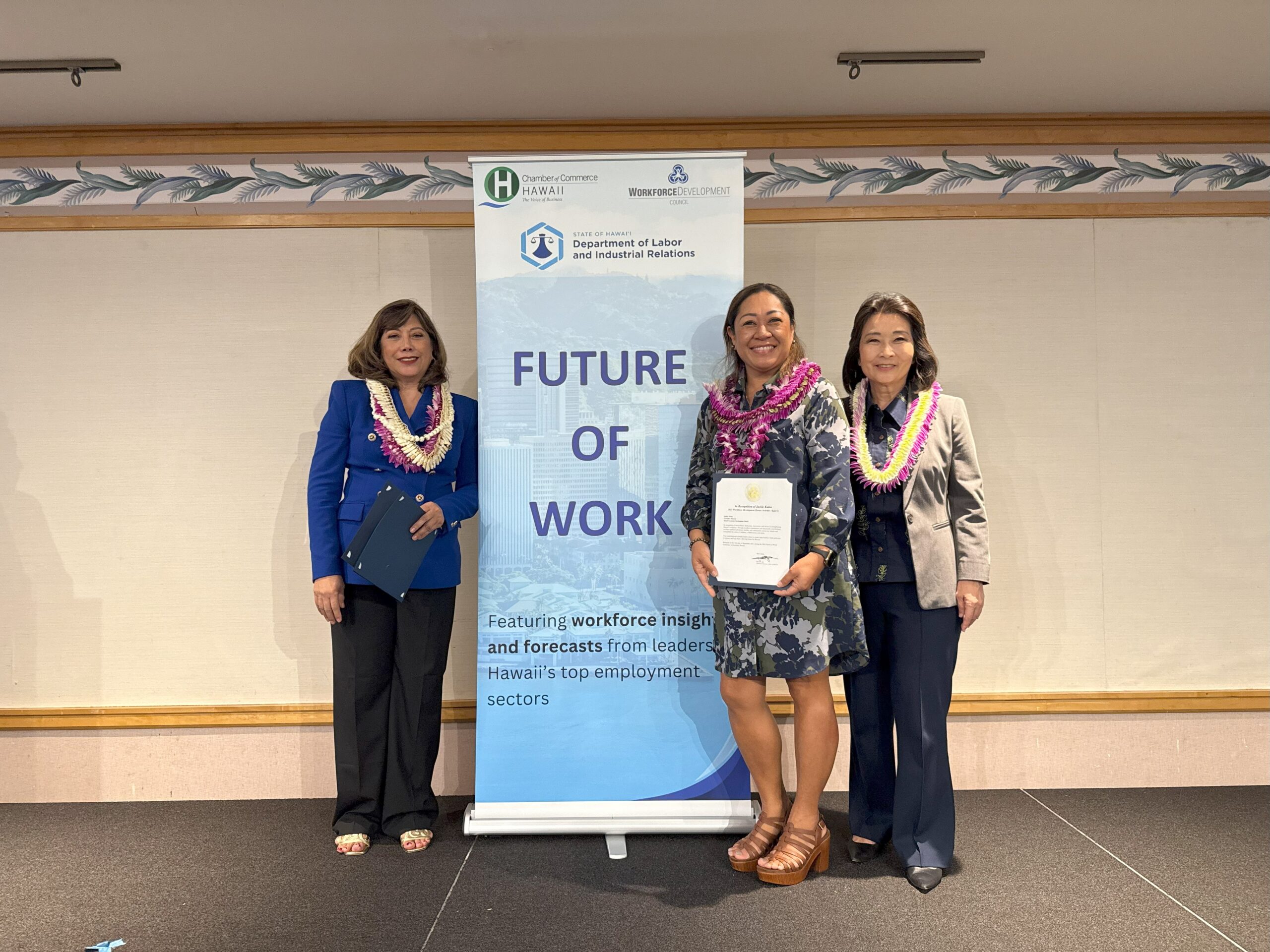Over the next few months, we will be sharing the stories of our CARES Act Grant recipients and the projects they have launched in the community. We begin with the Safe & Stable Kaua‘i Farms Initiative, which received funding through the County of Kaua‘i CARES Act Grant in the Agricultural Assistance Grants Category.
The Safe & Stable Kaua‘i Farms Initiative is providing technical assistance and direct grant support to forty Kauai farms to help position them to enter new local markets. This project addresses food safety and infrastructure challenges by subsidizing free Produce Safety Alliance (PSA) training that enables farms to be compliant with some Food Safety and Modernization Act requirements, and invests in necessary food safety and business upgrades at the on-farm level that support farms in scaling into larger and more stable markets. The project is a collaboration between North Shore EVP, Malama Kaua‘i and UH College of Tropical Agriculture and Human Resources (CTAHR).
Malama Kauai recently shared an update on the Safe & Stable Kaua‘i Farms Initiative. You can read the full press release below to learn about the impact this initiative has had on farmers in our community.
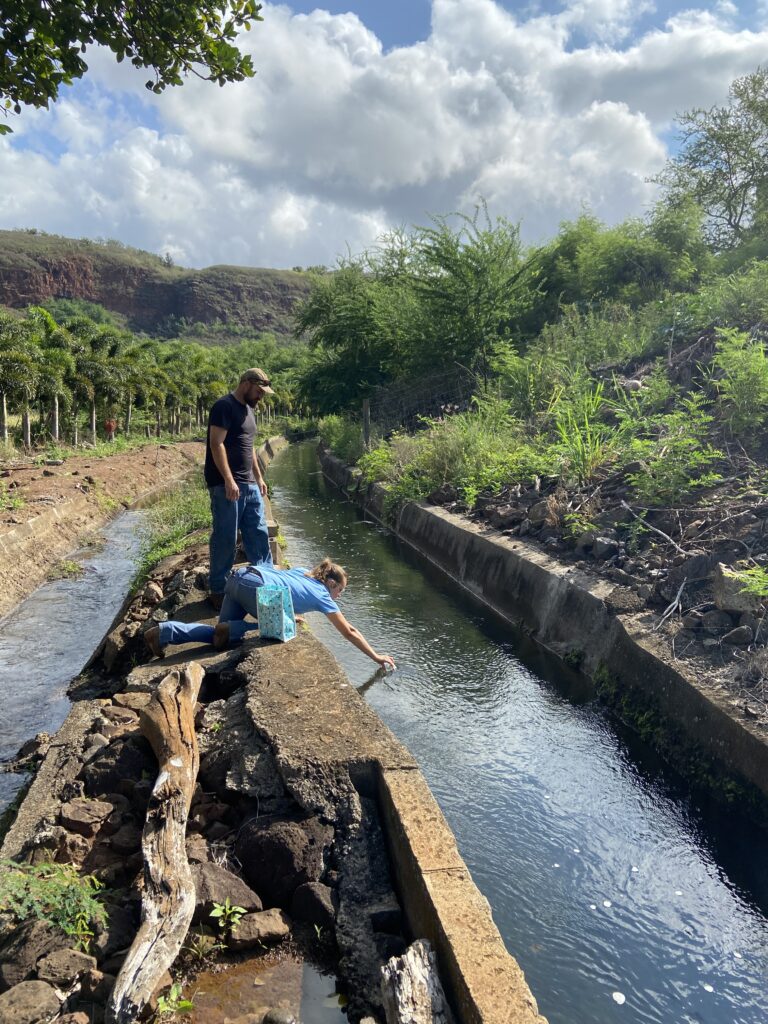
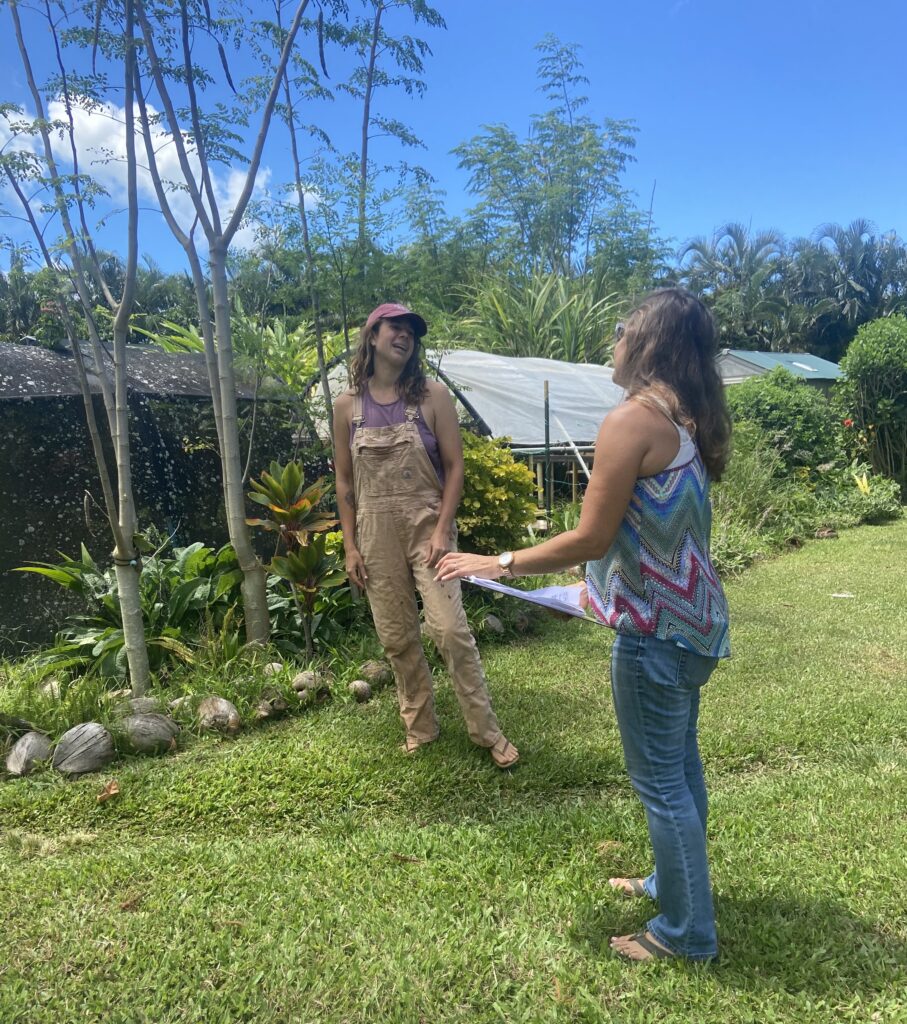
Safe & Stable Kaua‘i Farms Initiative Creating New Opportunities for Farmers
KAUA‘I – 40 Kaua‘i farms attended a 3-day Produce Safety Alliance (PSA) Grower Training, receiving their certificate of completion for the Food Safety Modernization Act (FSMA) required training in the past month, thanks to the new Safe and Stable Kaua‘i Farms Initiative supported by County of Kauai CARES Act funding.
“It is super exciting and truly remarkable that we were able to train 40 farms so quickly through this program,” says Emilie Kirk, CTAHR Assistant Extension Agent in Sustainable and Organic Agriculture, who coordinated the PSA training. “This more than doubled the number of farms who have completed the training to-date on Kaua‘i. PSA training is the most important first step in improving food safety knowledge and achieving compliance with the Federal regulations.”
The Safe and Stable Kaua‘i Farms Initiative is a project of North Shore EVP, Mālama Kaua‘i, and CTAHR Cooperative Extension Service. The cohort of 40 participating fruit and vegetable producers is currently undergoing the next phase of the project, which includes on-site farm assessments to identify needed upgrades to infrastructure and operations for food safety.
“I actually learned quite a bit, not just getting used to using Zoom, but also basic information. The backbone of where to start as far as all the produce safety,” said Adam Killermann of Ajar Inc. “I didn’t expect so much emphasis on pests in the field and how easy it is for animals walking around to contaminate the process.”
After the on-site farm assessments is a grant program, which is providing each farm $5,250 to spend on those needed upgrades for food safety, technology, and business needs. The funds are intended to help their farms become safer and open up new business opportunities.
“Now we are in a bad situation because COVID-19. It is very difficult for us,” said Nophadon Seechachet, a Thai farmer who runs O.K King Farm. “We are a minority group here, yet [they] also saw us. We are very happy and grateful. It might be something small for someone else, but for us it is something very big.”
The final stage of the project is advanced workshops from North Shore EVP this fall on topics such as infrastructure, recordkeeping, employee training, and a Worker Protections Standard (WPS) certification. Many of the workshops provide supplies for farms to implement what they learn immediately, such as mobile hand washing stations, record keeping templates, first aid kits, measuring equipment, and PPE. If the optional workshops are not filled by the current cohort, the sessions will be open to other farmers who would like to participate.
“This is a great example of a public-private partnership and social investment that really benefits many farms directly,” says Megan Fox of Mālama Kaua‘i. “Food safety certifications are becoming a more common demand from wholesale and institutional buyers, and the grant program is something farmers have been asking for for years. These farms are really getting a leg up in their operations and in the market, which is truly needed right now.”


